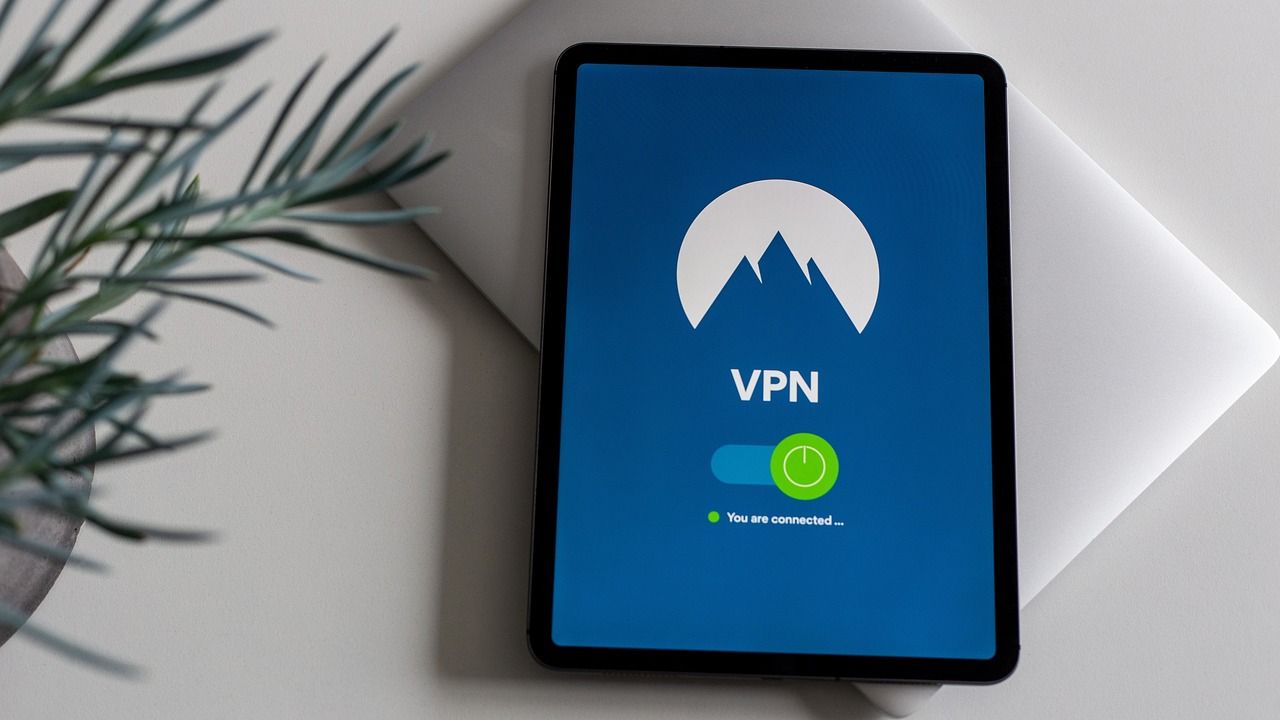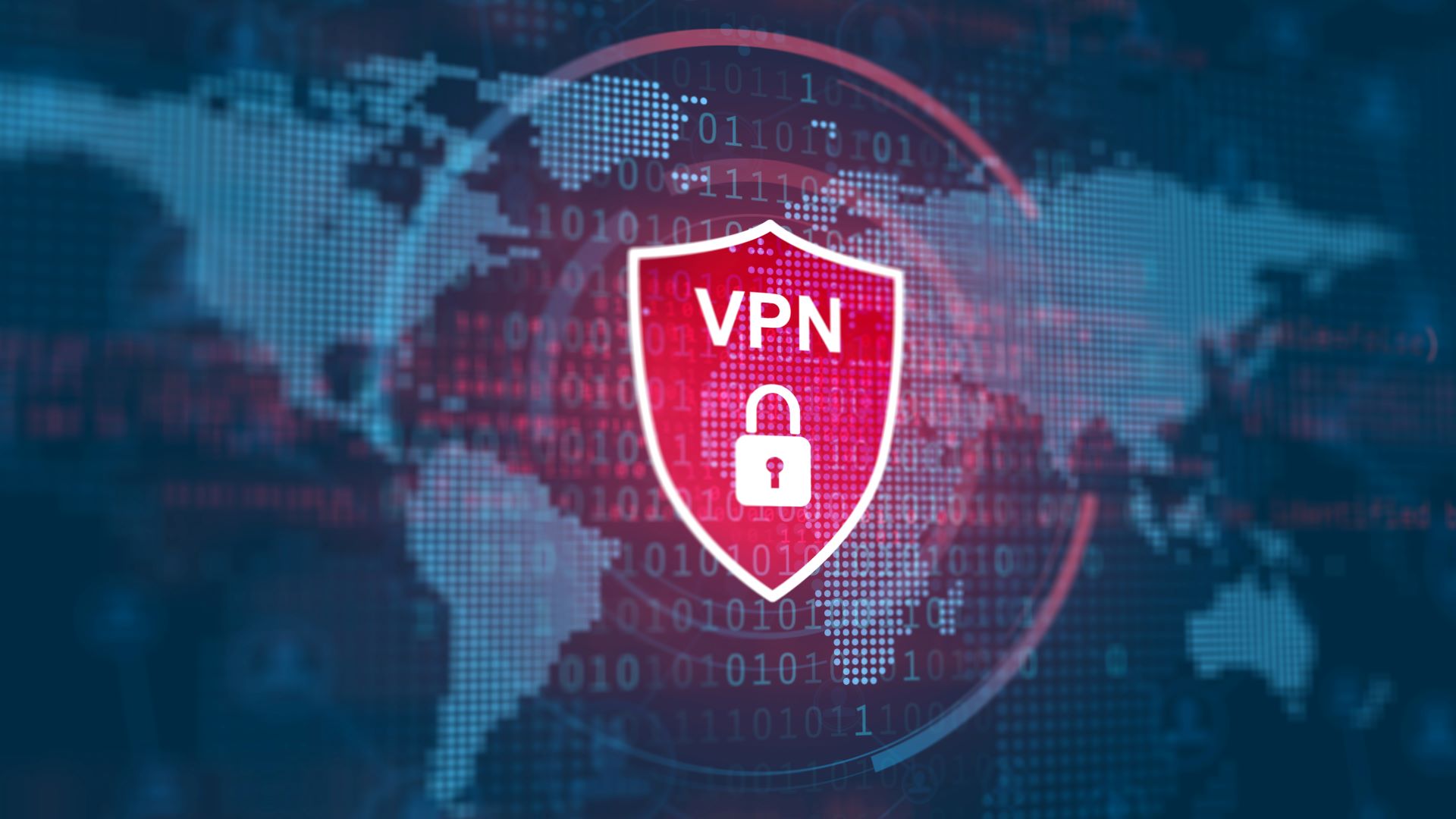
With the passing of the Online Safety Act on July 25, 2025, sites now need to verify UK users' ages if they wish to access content that has been deemed adult.
Due to the manifold security and privacy concerns raised by the act, UK residents have started to find various ways to avoid having to submit personal information to verify their age, including using the best VPNs.
This is because a VPN allows you to simply connect to a overseas server from within the UK and avoid age checks altogether. However, the rise in demand for VPNs has led some to fear that they will be next on the legislative chopping block – but is there any truth to this?
Why are people asking if Labour will ban VPNs?
Due to one of the key features of VPNs being the ability to mimic connecting from another country (see our list of best Netflix VPNs to see what this looks like in action), there is some concern that the Labour government will clamp down on them.
Sarah Champion, Labour MP for Rotherham, stated in 2022 regarding VPNs and the Online Safety Act that "there is a real threat that the use of virtual private networks – VPNs – could undermine the effectiveness of these measures." She went on to suggest that "If VPNs cause significant issues, the Government must identify those issues and find solutions, rather than avoiding difficult problems."
In a post on X on July 28th, Champion responded to news of VPNs topping App Store charts by saying "I did warn the last government this would happen."
Despite this, the Labour government does not appear to be considering banning VPNs. While Peter Kyle, Secretary of State for Science, Innovation and Technology, stated via X that those that oppose the Online Safety Act are "on the side of predators," he also told Sky News that there were currently no plans to ban VPNs.
He did, however, state that he would be looking "very closely" at their use as, according to Kyle, “the vast majority of adults in [the UK]” were abiding by the Act's guidelines.
What other countries have banned VPNs?
Were the UK to attempt to ban VPNs, it would join the likes of China, Iran, and Turkmenistan, among others, all of whom have either banned or restricted the use of VPNs due to their ability to circumvent censorship and content restrictions.
However, it is still possible to access VPNs in these countries, despite the attempted bans. Obfuscation using Shadowsocks, or simply using newer servers that have not yet been blacklisted, can allow for connections. Governments are also unable to directly regulate VPN providers that are based outside their jurisdiction.
The infeasibility of blocking VPNs has not stopped other countries from trying, however. This can make life more difficult for VPN users, not to mention the chaos that would likely occur due to VPNs being incredibly common among business users.
China is at the forefront of internet surveillance and censorship, and has some of the strictest VPN laws, but it still cannot achieve total victory over VPNs – particularly those focused on privacy.

Why this would set a dangerous precedent
Let us assume that the UK government does decide to block VPNs. While this would likely be ineffectual, due to the ability to completely anonymously pay for a VPN with cryptocurrency – or in the case of Mullvad and Proton VPN, with cash – and the level of obfuscation VPNs use to avoid detection, it would still set an extremely dangerous precedent.
The UK is already a world leader in mass surveillance, thanks to GCHQ and NSA collaboration. Putting privacy even further out of reach of the masses would be a move that should set alarm bells ringing in all of our heads.
The UK banning VPNs is ultimately a fairly unlikely outcome. However, we cannot be certain that VPNs won't end up in the government's firing line eventually. Privacy is not, and should never become, a crime.
We test and review VPN services in the context of legal recreational uses. For example:1. Accessing a service from another country (subject to the terms and conditions of that service).2. Protecting your online security and strengthening your online privacy when abroad.We do not support or condone the illegal or malicious use of VPN services. Consuming pirated content that is paid-for is neither endorsed nor approved by Future Publishing.







